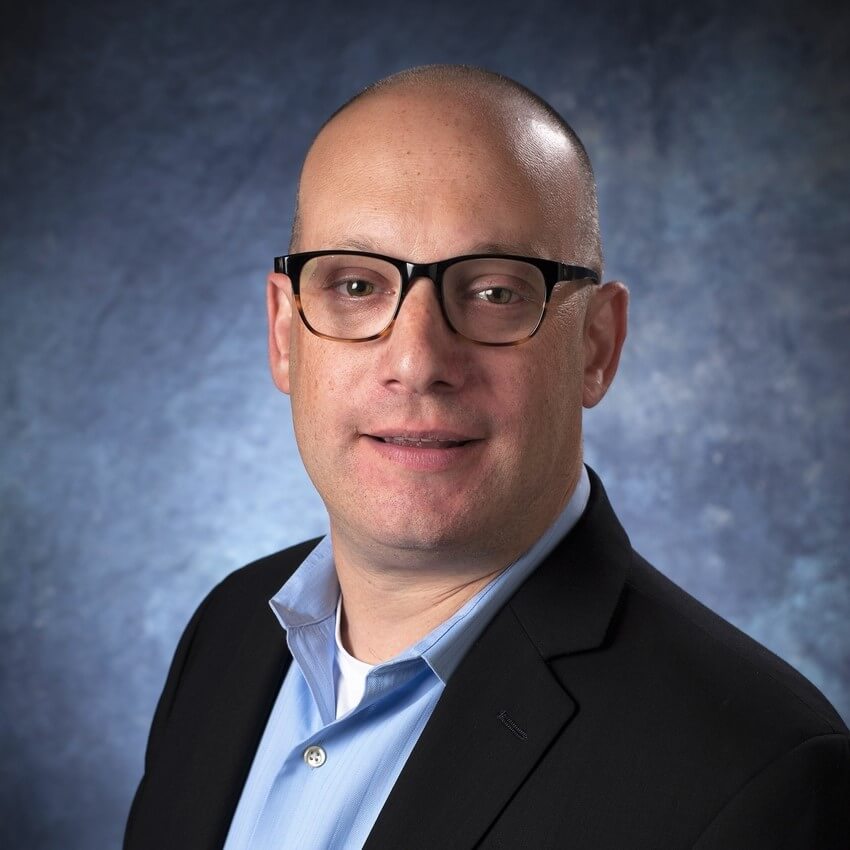Nov 7
2019
Addressing The World Language Skills Gap In The U.S. Healthcare System
By Howie Berman, executive director, American Council on the Teaching of Foreign Languages.

Imagine being rushed to the emergency room after a car accident or a heart attack. You’re in terrible pain, perhaps confused and disoriented. The last thing you want to have to worry about at that critical moment is the ability to communicate with a doctor. Yet, for many patients in America, this is the unfortunate reality.
According to 2017 Census Bureau data, a record of 66.6 million U.S. residents spoke a language other than English at home. By 2010, the Limited English Proficiency (LEP) population, those individuals who are not fluent in English, rose to 8.7%, up from 6.1% from 1999. In those 10 years, the U.S. saw an influx of over 11 million LEP individuals, driving the need for qualified language services.
In an increasingly globalized world, the healthcare industry is lacking in world language skills, and the need for multilingual healthcare professionals is rapidly growing.
Healthcare providers should be capable of communicating with patients in a way that allows them to make informed decisions about their health. Effective communication with patients is critical to the safety and quality of treatment, but in modern society that’s not always the case.
ACTFL’s Making Languages Our Business report shows the results of a national survey among 1,200 upper-level managers and human resources professionals with knowledge of their organization’s foreign language needs. The report was conducted by Ipsos Public Affairs, with support from Pearson LLC and Language Testing International. The report points to a critical and growing language skills gap across multiple business sectors—and the U.S. healthcare system is not immune to the challenges that this gap presents.
Language Barriers in Healthcare
According to the report, the healthcare and social assistance sectors are more likely than any other industry to have foreign language needs exclusively for the domestic market. Additionally, employers in healthcare are also the most likely of the sectors represented in the report to expect an increase in demand for foreign language skills in the next five years.
While there are several laws in place designed to ensure healthcare organizations can communicate to patients in multiple languages, not all organizations adhere to them.
Title VI of the Civil Rights Act of 1964, Americans with Disabilities Act (ADA) and Affordable Care Act (ACA) all require federal healthcare programs such as Medicare or Medicaid to provide patients with interpretation/translation services if they have a language barrier or sensory impairment.
If a medical organization neglects to seek assistance from a qualified interpreter or does not provide translated written materials, and it results in harm to the patient, this constitutes medical malpractice.